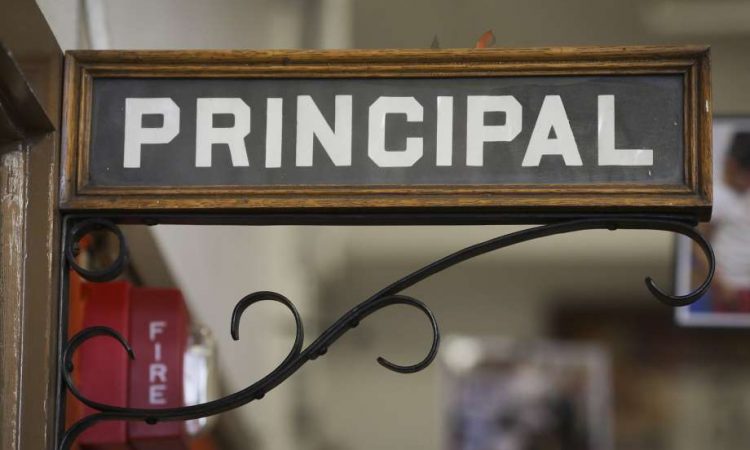By Lauren Morando Rhim and Paul O’Neill
Mike Petrilli’s recent blog post regarding student discipline in charter schools is a classic example of a false dichotomy with a twist of Chicken Little. In that post, Petrilli proposes that charter schools should not be discouraged from disciplining students because doing so will fundamentally limit their autonomy and ability to successfully serve students at risk of failure.
While Petrilli does not explicitly call out students with disabilities, he emphasizes that the Office for Civil Rights (OCR) of the U.S. Department of Education is a big part of the over-regulation problem he perceives. The role of the OCR is to ensure that the rights of students with disabilities and other at risk student groups are protected and unfortunately, sometimes this requires some regulation.
While Petrilli may find it amusing to poke fun at OCR (i.e., “Office of Hard and Fast Rules and Directives”) he fails to recognize that parents and advocates don’t appeal to OCR as the first line of defense but rather, generally, as the option of last resort after trying to work with schools and districts to persuade them to educate their students and uphold due process and other civil rights protections. In other words, any “hard and fast rules and directives” issued by OCR stem from schools and districts failing to abide by the most basic requirements related to educating students with disabilities. This is a crucial consideration when contemplating the impact of charter school disciplinary practices. The disproportionate impact of discipline policies on students with disabilities is broad, deep, and credible (e.g., The Center for Civil Rights Remedies and U.S. Department of Justice). Parents and advocates have fought long and hard to ensure students with disabilities have equal access to public schools and are provided a free appropriate public education in the least restrictive environment.
Petrilli takes offense at top-down dictates related to discipline and proposes that discouraging charter schools from suspending students will lead to disorder in the classroom. This false dichotomy solicits a “sky-is-falling” response and completely overlooks the possibility that discouraging suspensions could lead to implementation of instructional practices that are beneficial for all students. For instance, discouraging exclusionary disciplinary practices could lead to a greater commitment to ensuring that all students are supported in the classroom, that teachers and personnel are trained to use research-based interventions and a reflection on adult practices and biases that may in fact be contributing to the behaviors that are leading to suspensions.
In June, we issued a joint statement on discipline authored by our Equity Coalition comprised of charter school and special education leaders calling upon the charter sector to drive change and provide leadership related to improving discipline practices. The statement simultaneously reinforces our support for charter autonomy and challenges both charter and traditional public schools to pay more attention to a shared problem; disproportionate discipline of students with disabilities. We also fully support Secretary King’s recommendation that charter schools “lead the way on professional reflection and growth” and we do not see autonomy and leadership as contradictory. Autonomous charter schools have the opportunity to create rigorous and positive learning environments for all students. Many already do so. However, when charter schools use their autonomy to create learning environments that unnecessarily lead to exclusion of some students, most often students of color and students with disabilities, authorizers, state education agencies and OCR should absolutely be prepared to hold them accountable as public schools charged with serving a diverse array of students seeking a high quality education.

Comments are closed.